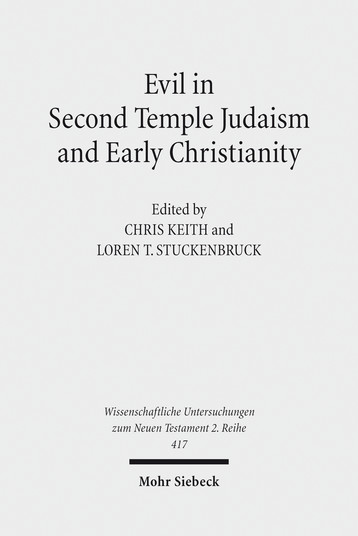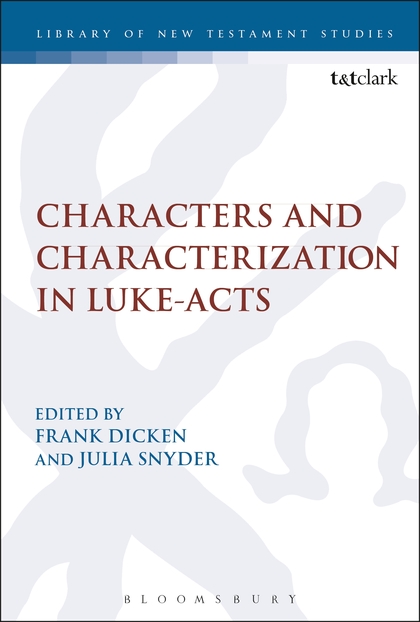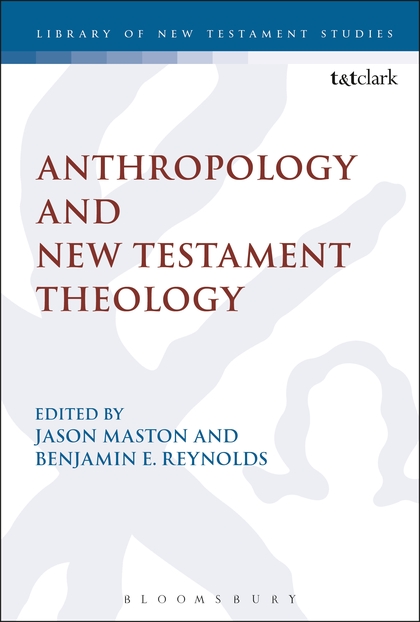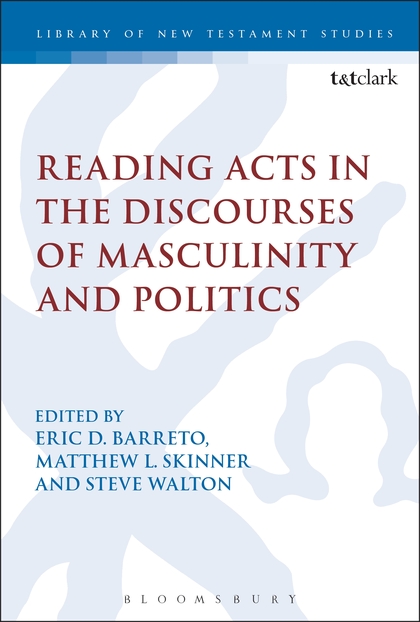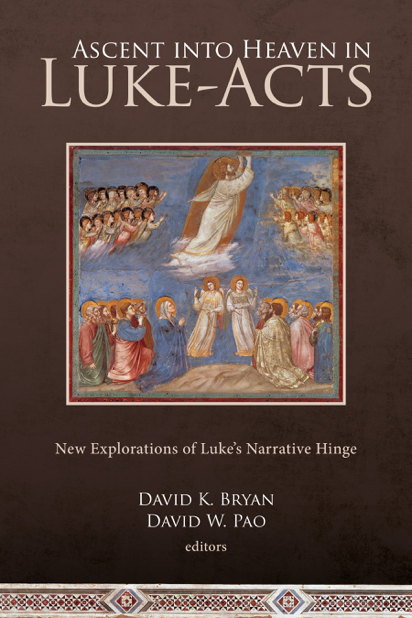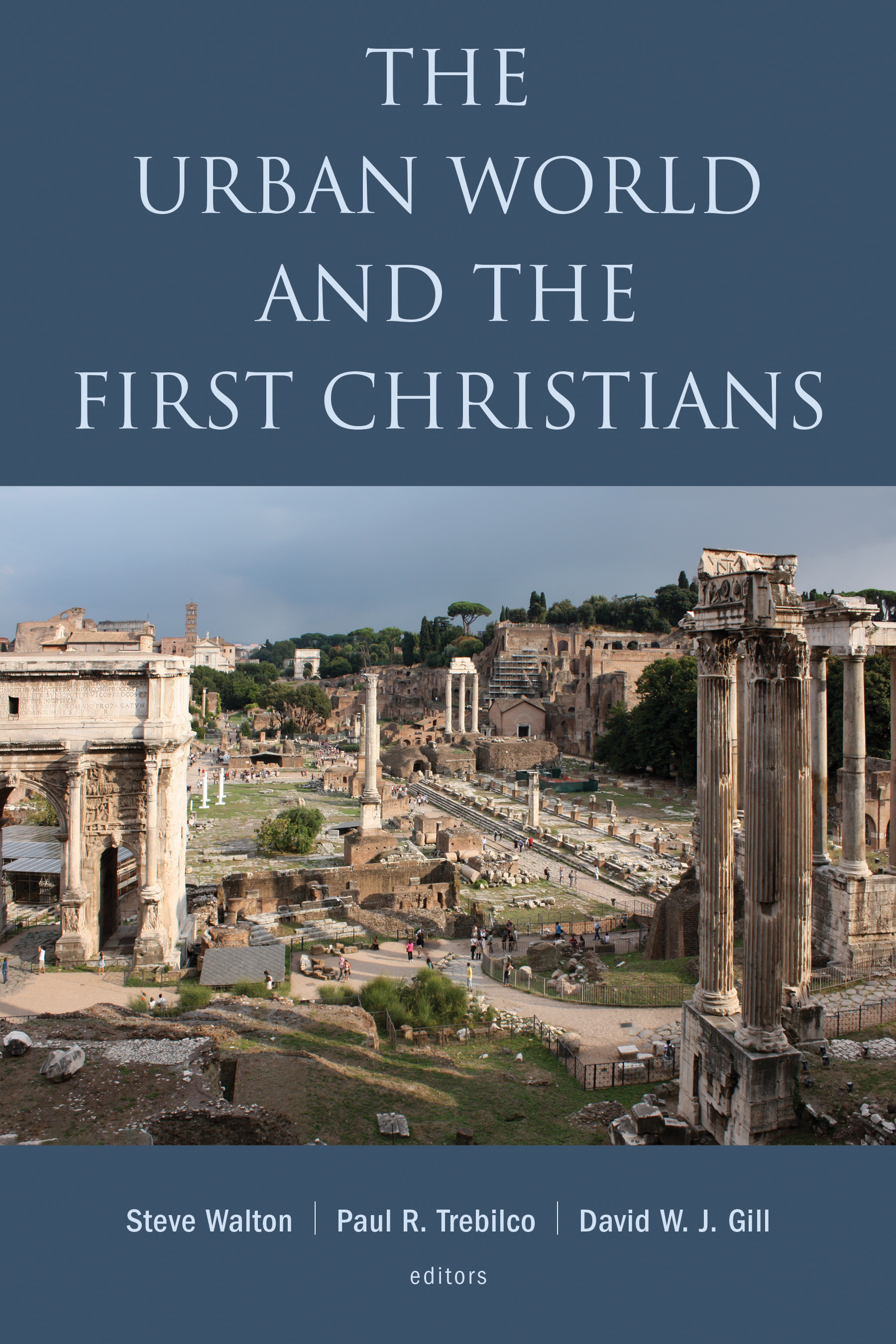Some recent writing and publishing from me
I had a quite spell away from on the blog in the Spring, partly because I’ve been writing and publishing quite a bit. Here’s a note of four that are out and available, and a couple of others that are forthcoming. More are in the pipeline, but I can’t tell you about those yet…
Now available
‘Evil in Ephesus: Acts 19:8–40’ in Evil in Second Temple Judaism and Early Christianity, ed. Chris Keith and Loren Stuckenbruck, WUNT II/417 (Tübingen: Mohr Siebeck, 2016) 224–34—this is an essay version of a paper I gave at our St Mary’s Centre for the Social-Scientific Study of the Bible conference on evil in second temple Judaism and early Christianity, and studies the portrait of evil, and how it is overcome, during Paul’s ministry in Ephesus in Acts 19. Full table of contents by opening the pdf flyer on the web page here.
‘Jesus, Present and/or Absent? The Presence and Presentation of Jesus as a Character in the Book of Acts’ in Characters and Characterization in Luke-Acts, ed. Frank E. Dicken and Julia A. Snyder, Library of NT Studies 548 (London: Bloomsbury T. & T. Clark, 2016) 123–40—this is a look at how Luke portrays Jesus in Acts, and argues that Jesus here fits the picture that others describe as ‘sharing the divine identity’. Full table of contents here (scroll down the page a bit).
‘Jesus’s Ascension through Old Testament Narrative Traditions’ in Ascent into Heaven in Luke-Acts: New Explorations of Luke’s Narrative Hinge, ed. David Pao and David Bryan (Minneapolis: Fortress, 2016) 29-39—this looks at the stories of Jesus’s ascension in comparison with (especially) the story of Elijah’s departure into heaven (2 Kings 2), and argues that there are some important similarities and differences, not least that Jesus is returning whence he came, whereas Elijah is going to a place he has never previously been. The whole is a splendid and comprehensive collection of essays on the ascension of Jesus in Luke-Acts.
Reading Acts in the Discourses of Masculinity and Politics, ed. Eric D Barreto, Matthew L. Skinner and Steve Walton, Library of NT Studies 559 (London: Bloomsbury T. & T. Clark, 2016)—a collection of papers from the SBL Book of Acts section (which I have the privilege of co-chairing) on the themes of masculinity and politics in Acts. There’s some cracking stuff in here by authors who are at the cutting edge of these themes, plus a reprint of my (by now classic) article, ‘The State They Were In: Luke’s View of the Roman Empire’. Full table of contents here (scroll down the page a bit).
Forthcoming
‘Turning Anthropology Right Side Up: Seeing Human Life and Existence Lukewise’ in Anthropology and New Testament Theology, ed. Jason S. Maston and Benjamin E. Reynolds, Library of NT Studies 529 (London: Bloomsbury T. & T. Clark, forthcoming Dec 2017)—a study of how Luke sees humanity which covers Luke’s reversal theme, how sinful humanity is transformed through the gospel, Jesus as humanity par excellence, the way human physicality is reconstituted in the light of Christ, and they way human community is reshaped by the gospel. The whole book is a very valuable set of essays across the NT on the theme of anthropology. Full table of contents here.
‘Heavenly Citizenship and Earthly Authorities: Philippians 1:27; 3:20 in Dialogue with Acts 16:11-40’ in The Urban World and the First Christians, ed. Steve Walton, Paul R. Trebilco and David W. J. Gill (Grand Rapids/Cambridge: Eerdmans, forthcoming Sept 2017)—a revised form of a paper I gave to our splendid conference on cities and earliest Christianity, in which I argue that the way Paul speaks of heavenly citizenship in Philippians, and the way he is portrayed as exercising his Roman citizenship in Acts 16, are complementary, and show Paul as appropriating Graeco-Roman city language for the new believing communities. The whole collection is very exciting, and tackles both how the urban contexts of the Mediterranean world affected the growth and development of early Christianity, and the neglected question of how the early Christians thought and theologised about cities and the urban world. Full table of contents here.
